An inverter battery for home is an essential device used alongside a home solar system with battery storage.
Its primary function is to store surplus solar energy and provide battery backup power when necessary, ensuring a stable and reliable energy supply at home.
Additionally, it can potentially save costs by allowing the excess power to be sold back to the grid.
Common types of inverter battery for home use include:
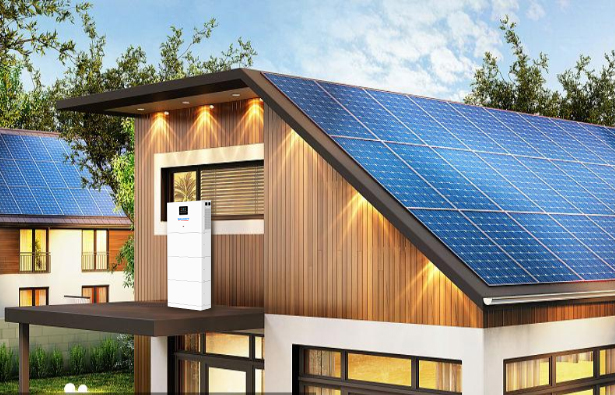
|
Lead-Acid Batteries |
Traditional lead-acid batteries are a popular choice due to their lower costs, but they generally have shorter lifespans and require more frequent maintenance compared to other battery types. |
|
Due to their higher energy density, longer lifespan, and improved charging and discharging efficiency, lithium-ion batteries are increasingly favored for use in home inverter systems. |
|
|
Lithium Titanium Oxide Batteries |
Although this type of battery offers enhanced safety and a longer lifespan, it typically comes at a higher price. |
|
Nickel-Iron Batteries |
This type of battery is commonly used in home inverter systems due to its extended lifespan and enhanced durability, however it possesses a lower energy density. |
|
Sodium-Sulfur Batteries |
This type of battery is also used in specific home energy systems due to its high energy density, long lifespan, but it requires high-temperature operation. |
What is the average life of inverter battery?
The lifespan of inverter battery pack varies due to factors such as inverter battery types, manufacturing quality, usage patterns, and environmental conditions. Generally, different types of batteries have varying lifespans.
|
Lead-Acid Batteries |
Traditional lead-acid batteries usually have a short life, between 3 and 5 years; However, if they are well maintained and operated at the right temperature, their lifespan may be extended. |
|
Lithium-Ion Batteries |
Lithium-ion batteries typically have a longer lifespan, lasting from 8 to 15 years or longer, depending on factors such as the manufacturer, usage conditions, and the number of charge and discharge cycles. |
|
Other Types |
Such as lithium Titanium batteries, nickel-iron batteries and sodium sulfur batteries are also different, but usually longer than lead-acid batteries. |
It is important to note that the lifespan of a solar inverter battery is also affected by factors such as the number of charge and discharge cycles, temperature, the quality of the charging management system, and the frequency of deep discharges. Therefore, it's essential to maintain and operate properly to extend its life span.
Which is the best type of inverter battery?
Determining which type of home inverter battery is best depends on several factors, including your specific needs, budget, performance requirements, and system design. Here are some common considerations:
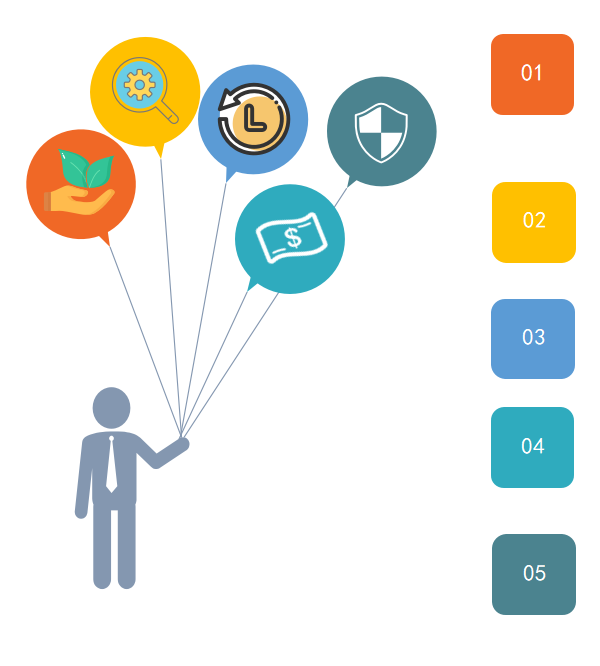
- Performance: Lithium-ion batteries typically have higher energy density and better charging and discharging efficiency, making them a better choice in terms of performance. Other types of batteries may have longer lifespans or better durability, which are also factors to consider.
- Cost: Different types of batteries have different prices, and lead-acid batteries are usually cheaper, while lithium-ion batteries are usually more expensive.
- Lifespan: Some battery types have longer lifespans and better cycle life, which means they may require less maintenance and fewer replacement costs.
- Safety: Different types of batteries have different safety characteristics, and lithium-ion batteries may pose a risk of overheating or fire, while some other types of batteries have higher safety ratings.
- Environmental Impact: It is also important to consider the environmental impact of battery manufacturing, use, and disposal. Some battery types may be more environmentally friendly because they use materials that are easier to recycle.
In conclusion, choosing the most suitable inverter battery backup for home use depends on your personal circumstances and preferences. Finding a balance between cost, performance, lifespan, and safety may be the best choice. Before making a decision, you can consult YouthPOWER professionals at sales@youth-power.net to help you make the best choice based on your needs and circumstances.
In General, lithium-ion batteries are more suitable for residential solar power system applications due to their high energy density, long lifespan, high efficiency, and low maintenance requirements. At YouthPOWER, we are dedicated to providing you with top-quality solutions for your home battery storage system, ensuring reliability and efficiency.
As a professional power inverter battery factory, our products not only deliver exceptional performance and reliability but also feature intelligent design and user-friendly interfaces. Whether you require battery backup power supply or aim to maximize solar energy utilization, we can offer tailored solutions to meet your specific needs. Our inverter battery box use advanced lithium-ion technology to guarantee superior energy density, extended lifespan, and remarkable charging/discharging efficiency. Moreover, we provide various capacities and configurations to cater to diverse household requirements.
Here are some highlighted solar inverter batteries for home:
- YouthPOWER AIO ESS Inverter Battery- Hybrid Version
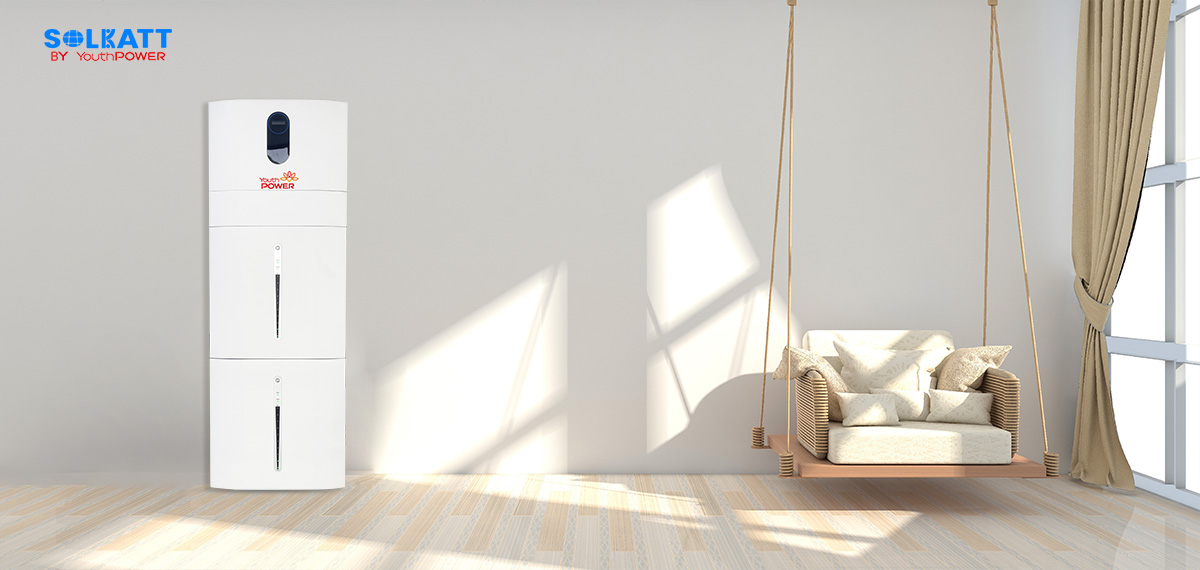
|
Hybrid Inverter |
European Standard 3KW, 5KW, 6KW |
|
Storage Lifepo4 Battery |
5kWH-51.2V 100Ah or 10kWH- 51.2V 200Ah Inverter battery / Module, Max. 30kWH |
Certifications: CE, TUV IEC, UL1642 & UL 1973
Data Sheet: https://www.youth-power.net/youthpower-power-tower-inverter-battery-aio-ess-product/
Manual: https://www.youth-power.net/uploads/YP-ESS3KLV05EU1-manual-20230901.pdf
With unique energy storage technology, it can meet various household energy storage needs. The inverter battery voltage is 51.2V, battery capacity ranges from 5kWh to 30KWh and can provide backup power for over 15 years sustainably and stably.
- Off-grid solar Inverter Battery AIO ESS
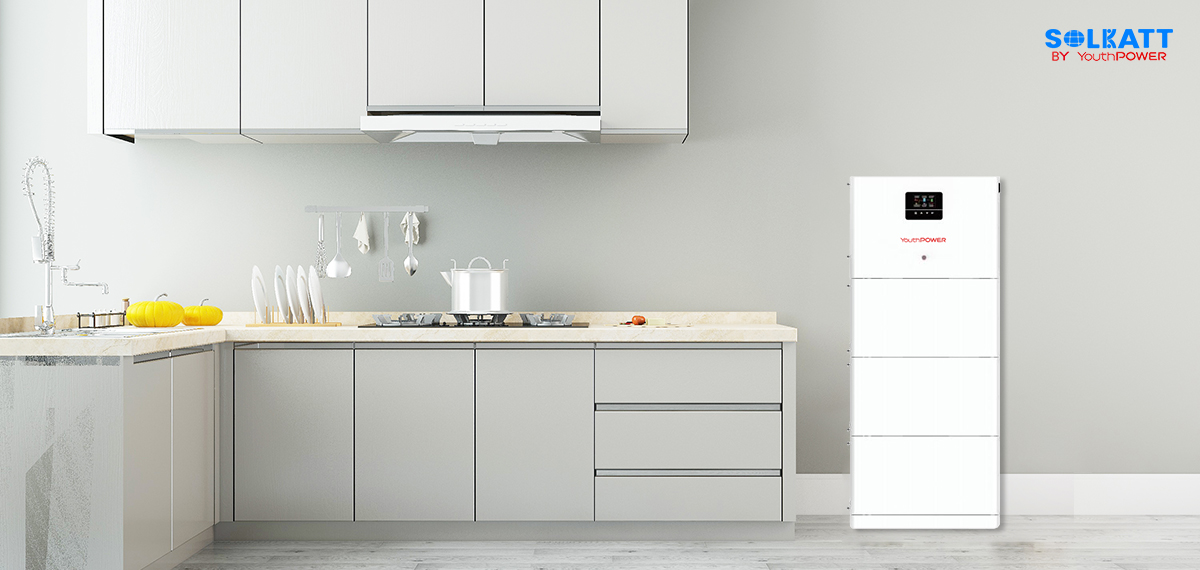
|
Single-phase Off-grid Inverter Options |
6KW, 8KW, 10KW |
|
Single LiFePO4 battery |
5.12kWh - 51.2V 100Ah inverter battery lifepo4 |
Data Sheet: https://www.youth-power.net/youthpower-off-grid-inverter-battery-aio-ess-product/
Manual: https://www.youth-power.net/uploads/YP-THEP-10LV2-LV3-LV4-Series-Manual_20240320.pdf
Designed specifically for off-grid residences, it utilizes advanced lithium-ion technology and an intelligent control system to ensure a stable power supply. The inverter battery voltage is 51.2V, battery capacity ranges from 5kWh to 20KWh, meeting the energy storage needs of all households.
- 3-Phase High Voltage Inverter Battery AIO ESS
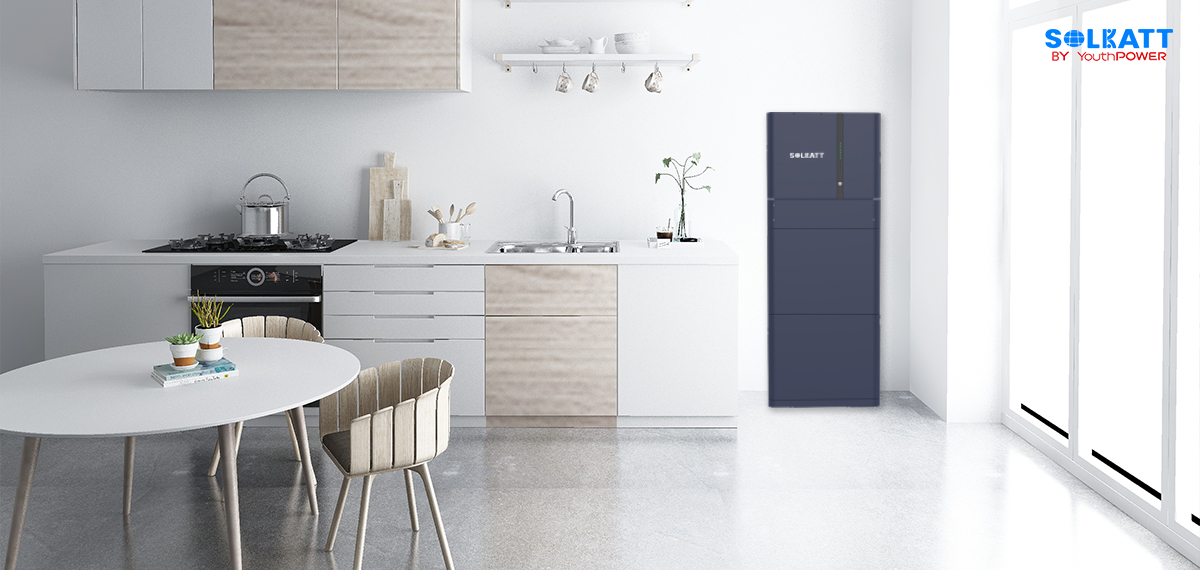
|
3-phase Hybrid Inverter Options |
6KW, 8KW, 10KW |
|
Single high voltage lifepo4 Battery |
8.64kWh - 172.8V 50Ah inverter battery lithium ion (Can be stacked up to 2 modules- 17.28kWh) |
Data Sheet: https://www.youth-power.net/youthpower-3-phase-hv-inverter-battery-aio-ess-product/
Manual: https://www.youth-power.net/uploads/ESS10-Operation-Manual.pdf
By using high-quality lithium-ion battery cells and advanced battery management technology, it can provide high energy density and long lifespan. The inverter battery voltage is 172.8V, the battery capacity ranges from 8kWh to 17kWh, meeting the energy storage needs of households and small to medium-sized businesses.
As a leading solar inverter battery factory, we offer comprehensive services and support, including design, installation, maintenance, and replacement. Our dedicated team of professionals is committed to delivering the best solutions to ensure the efficiency and reliability of your home solar battery storage system.
Choose YouthPOWER for high-quality residential inverter battery solutions.
